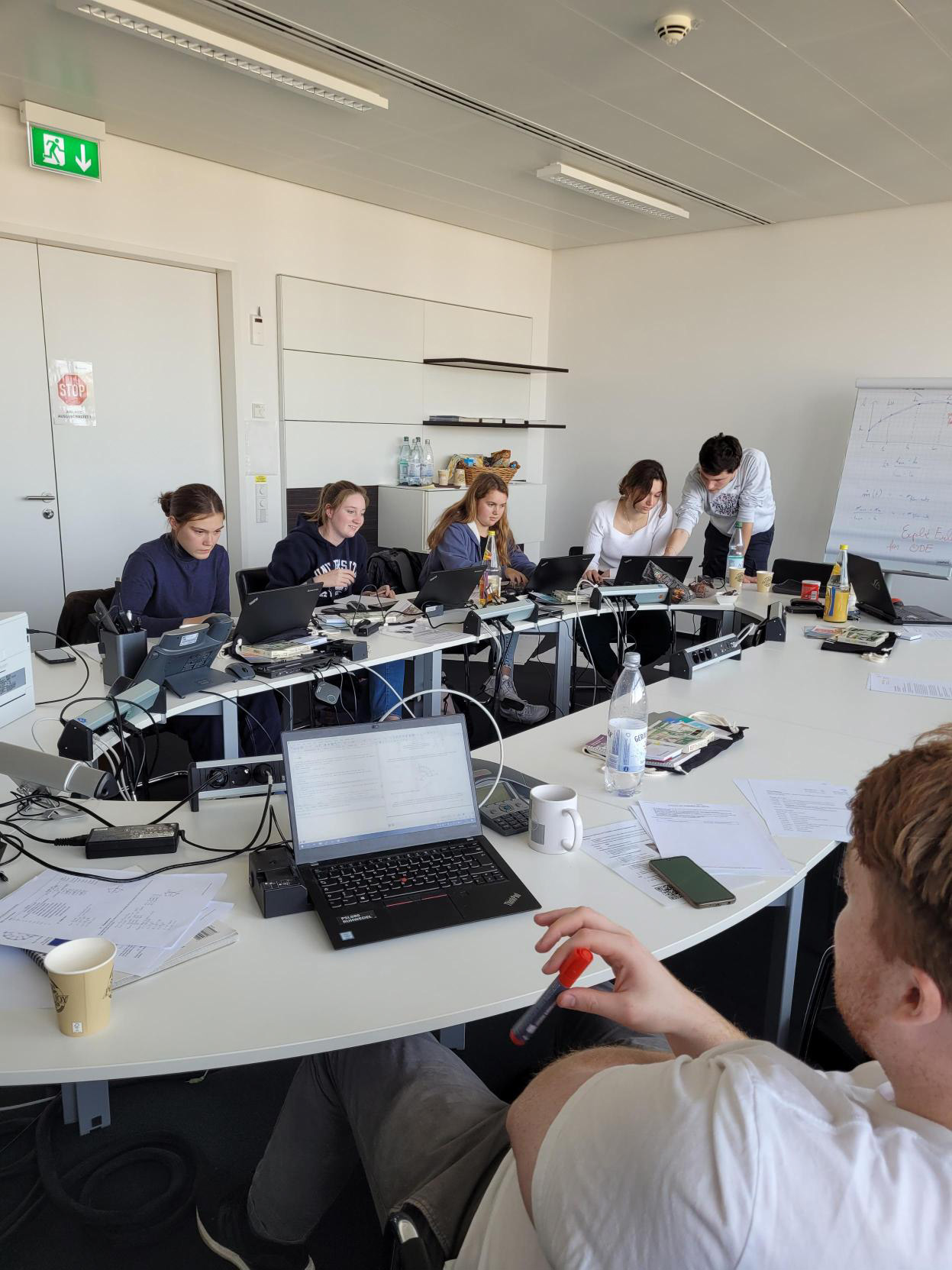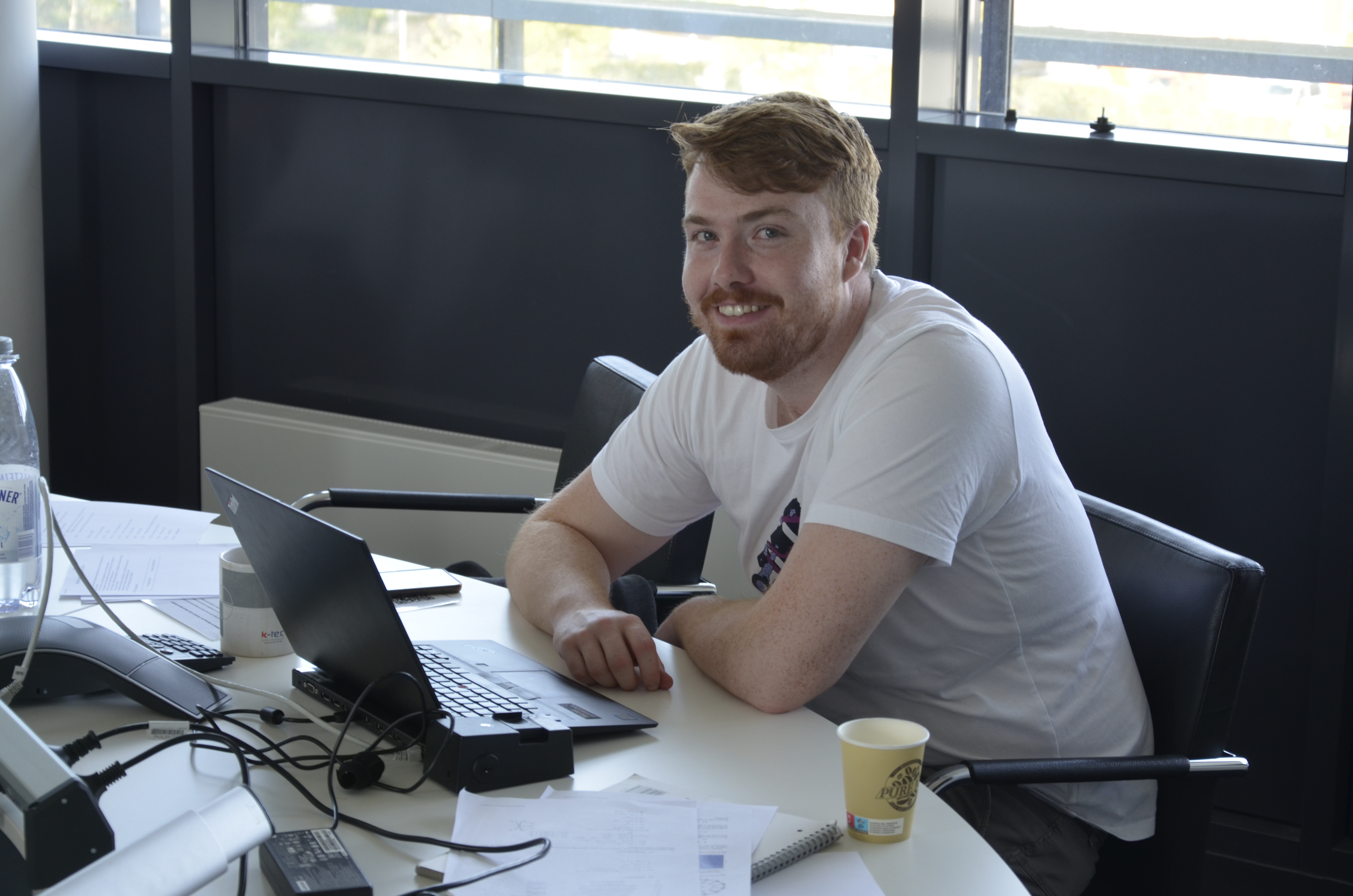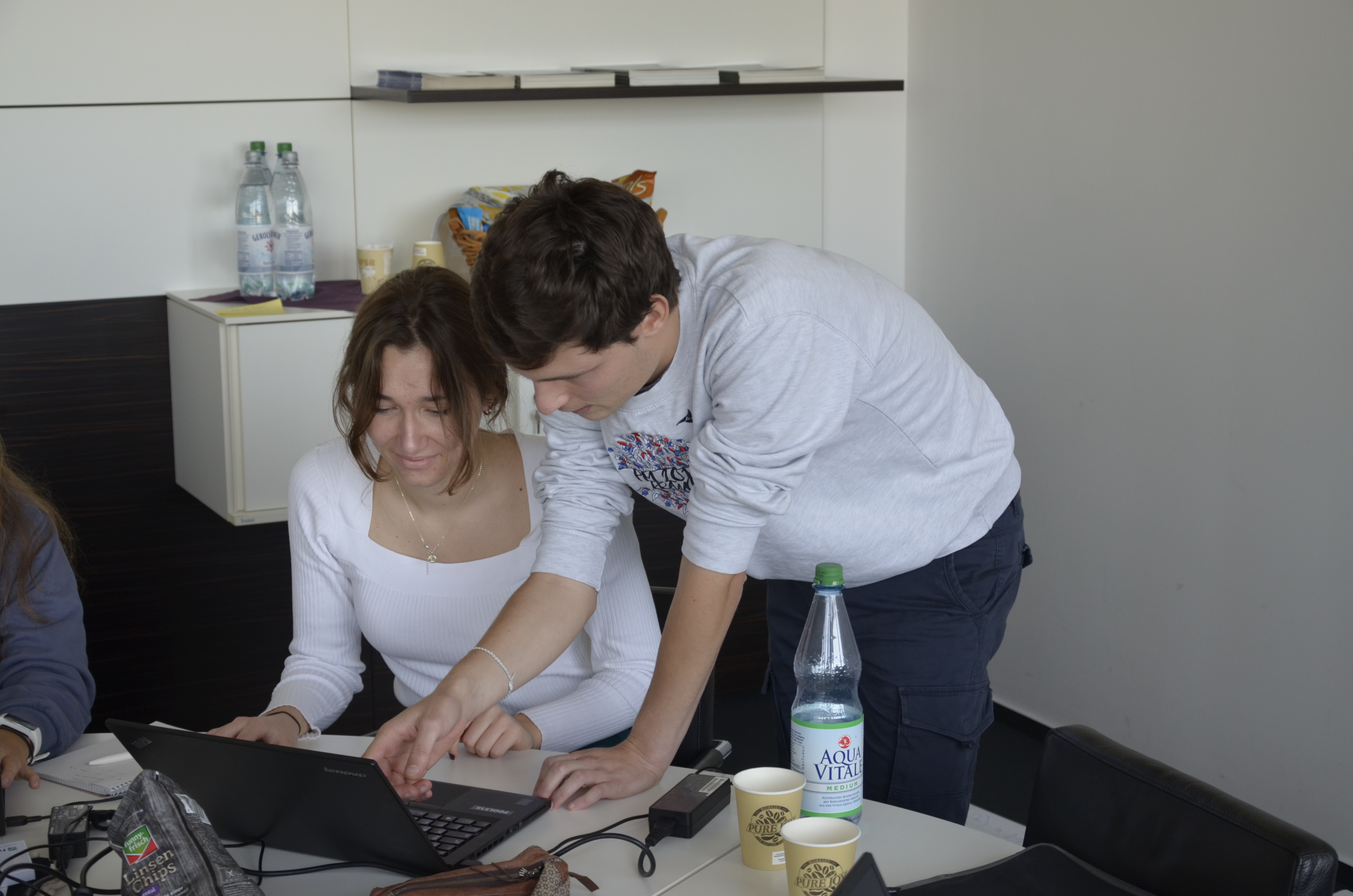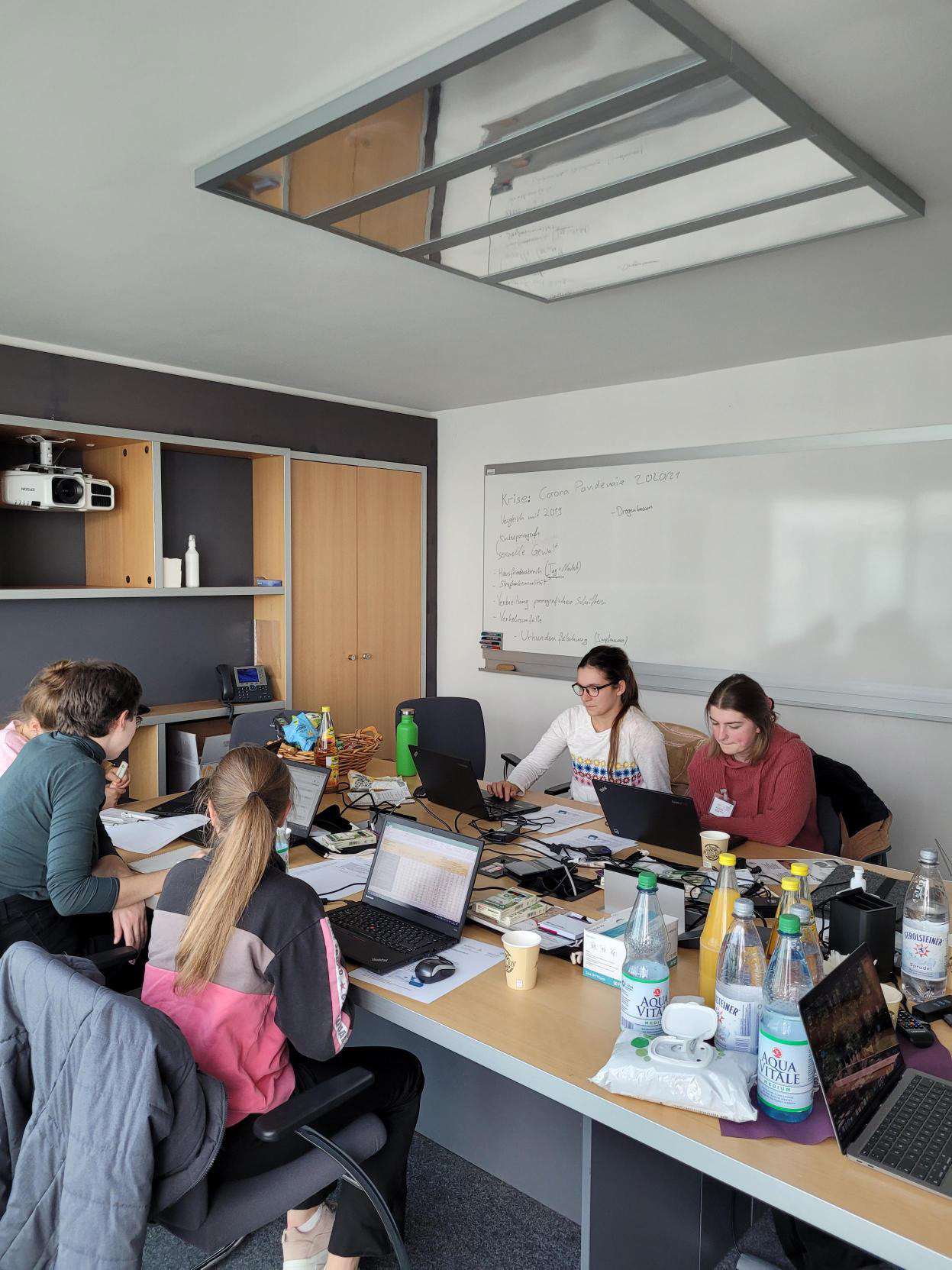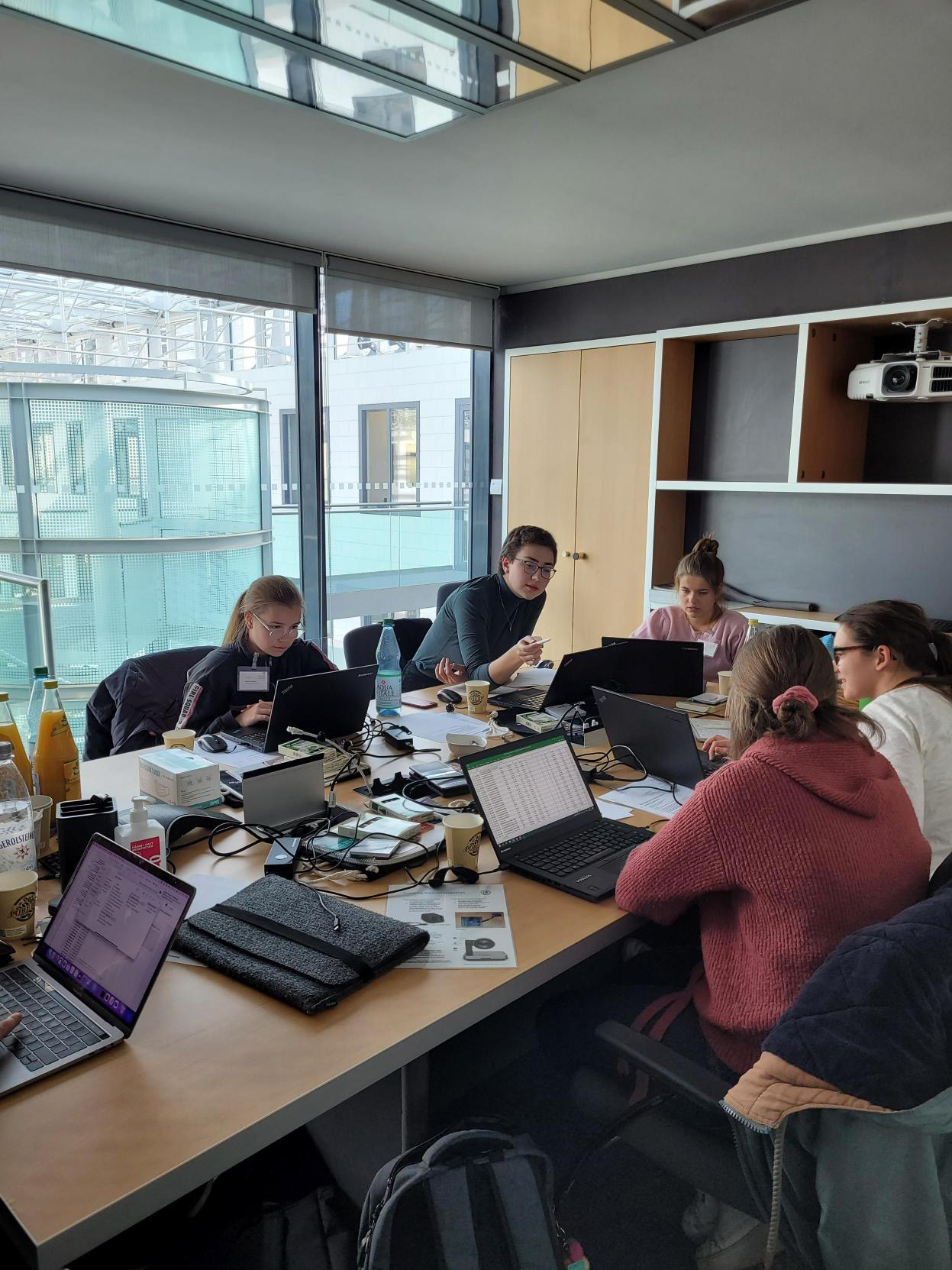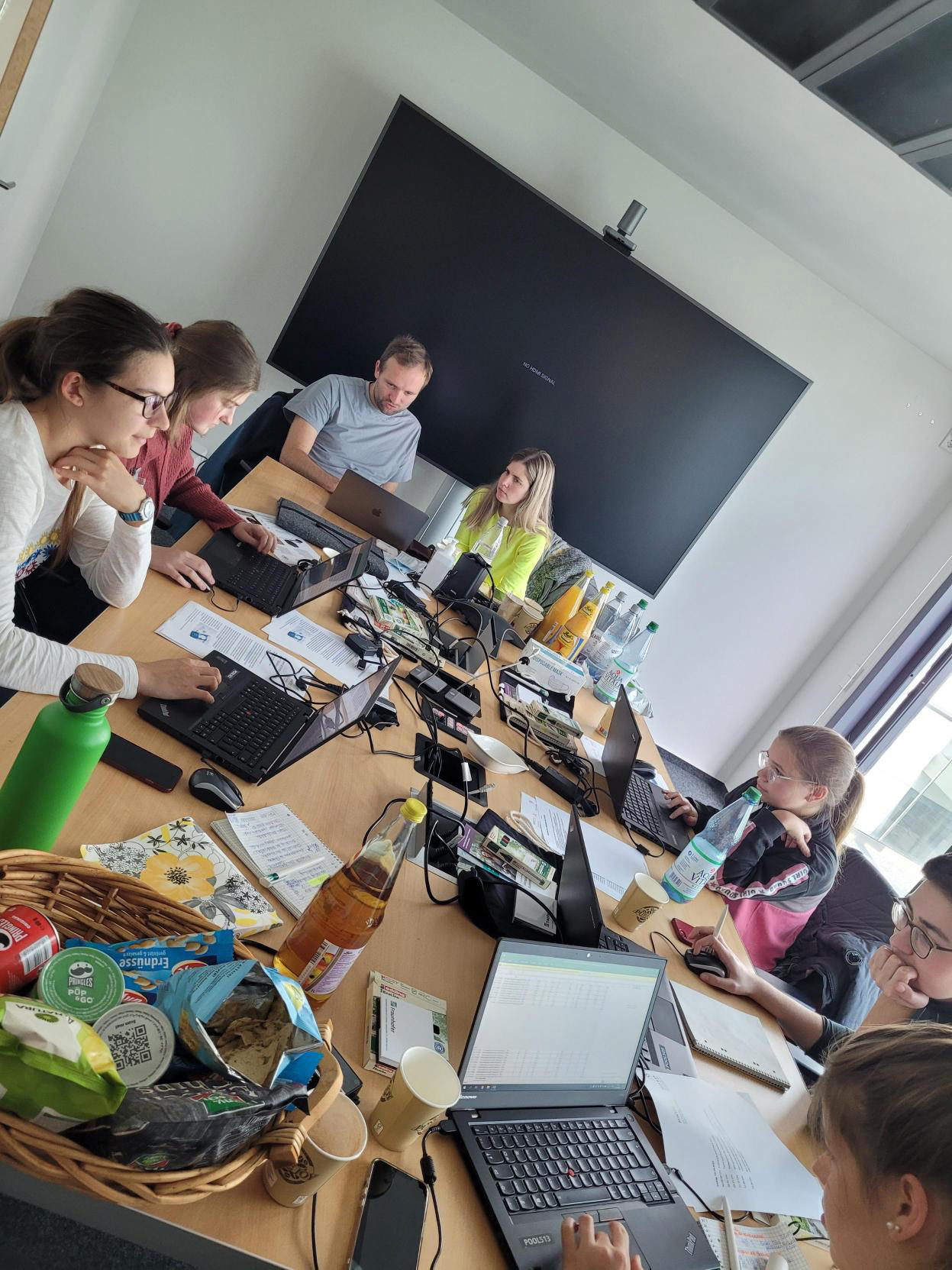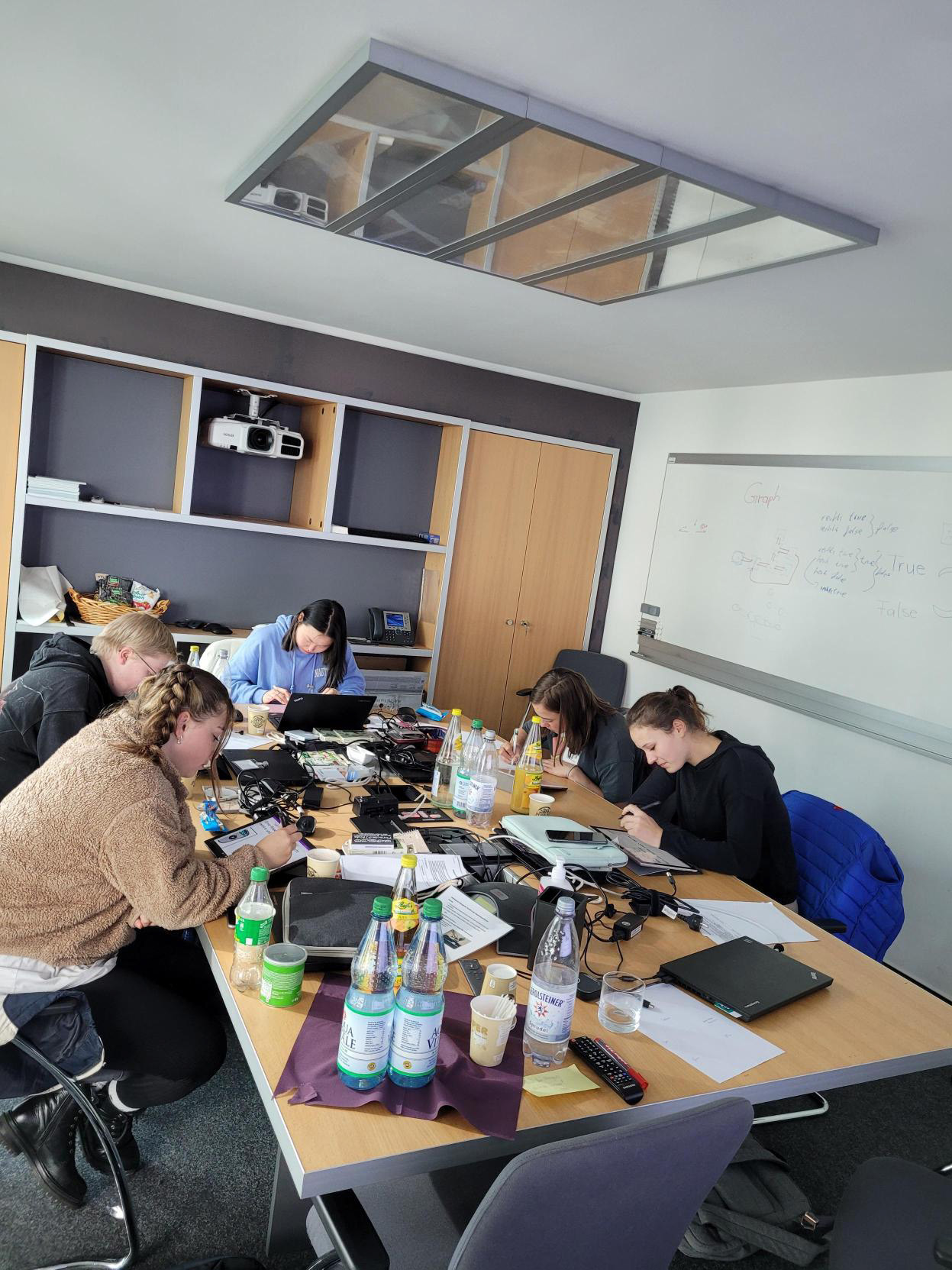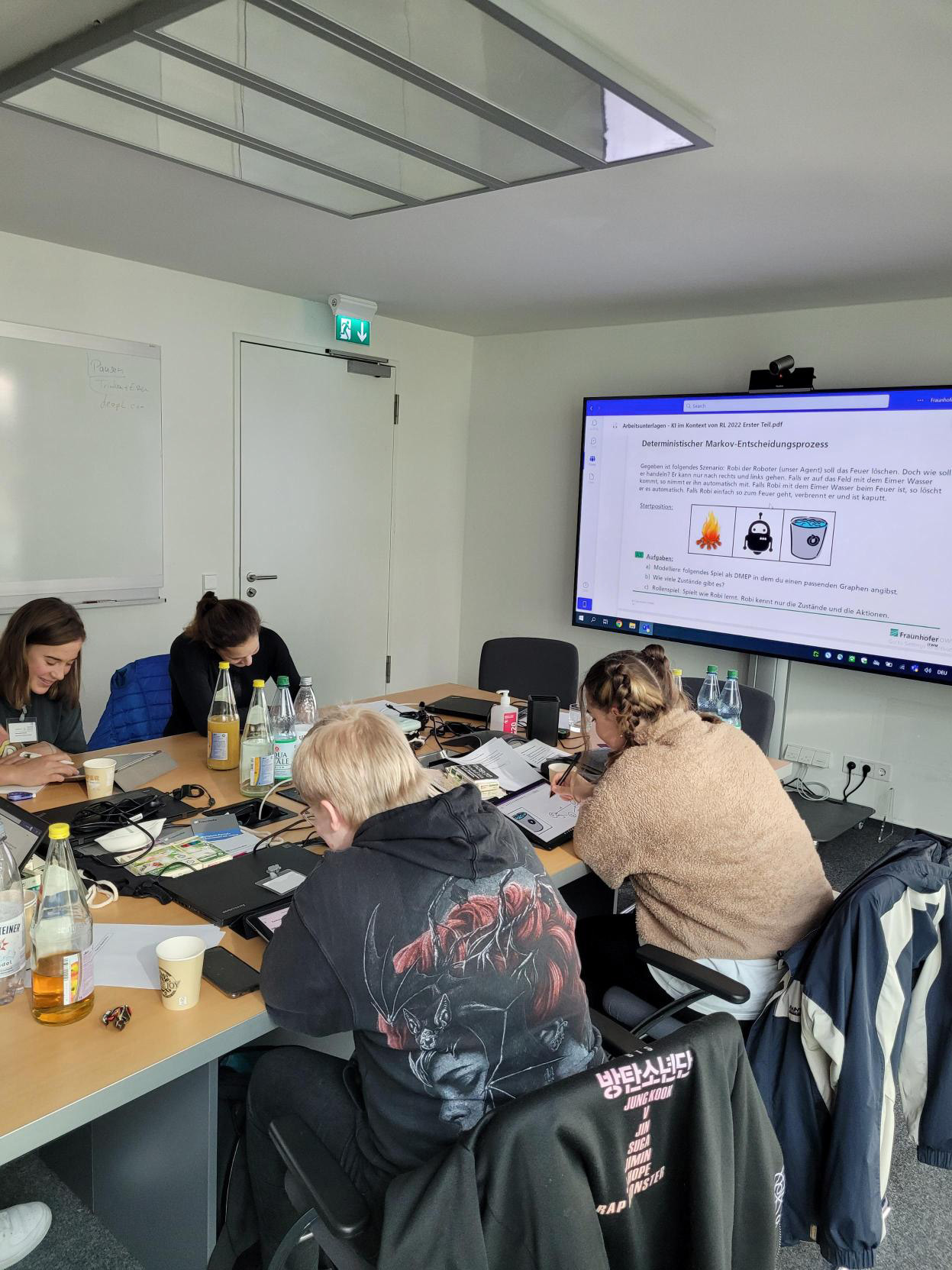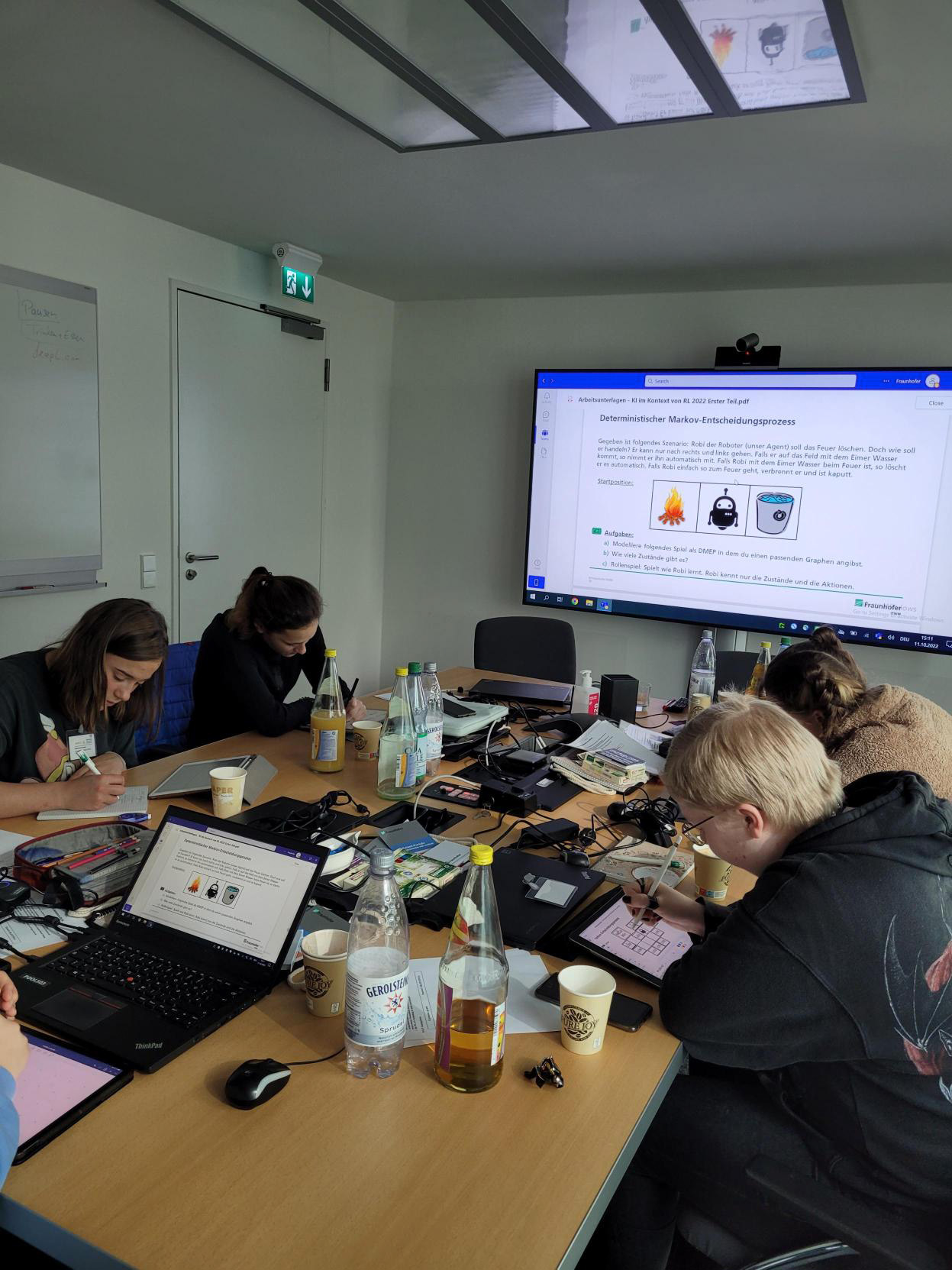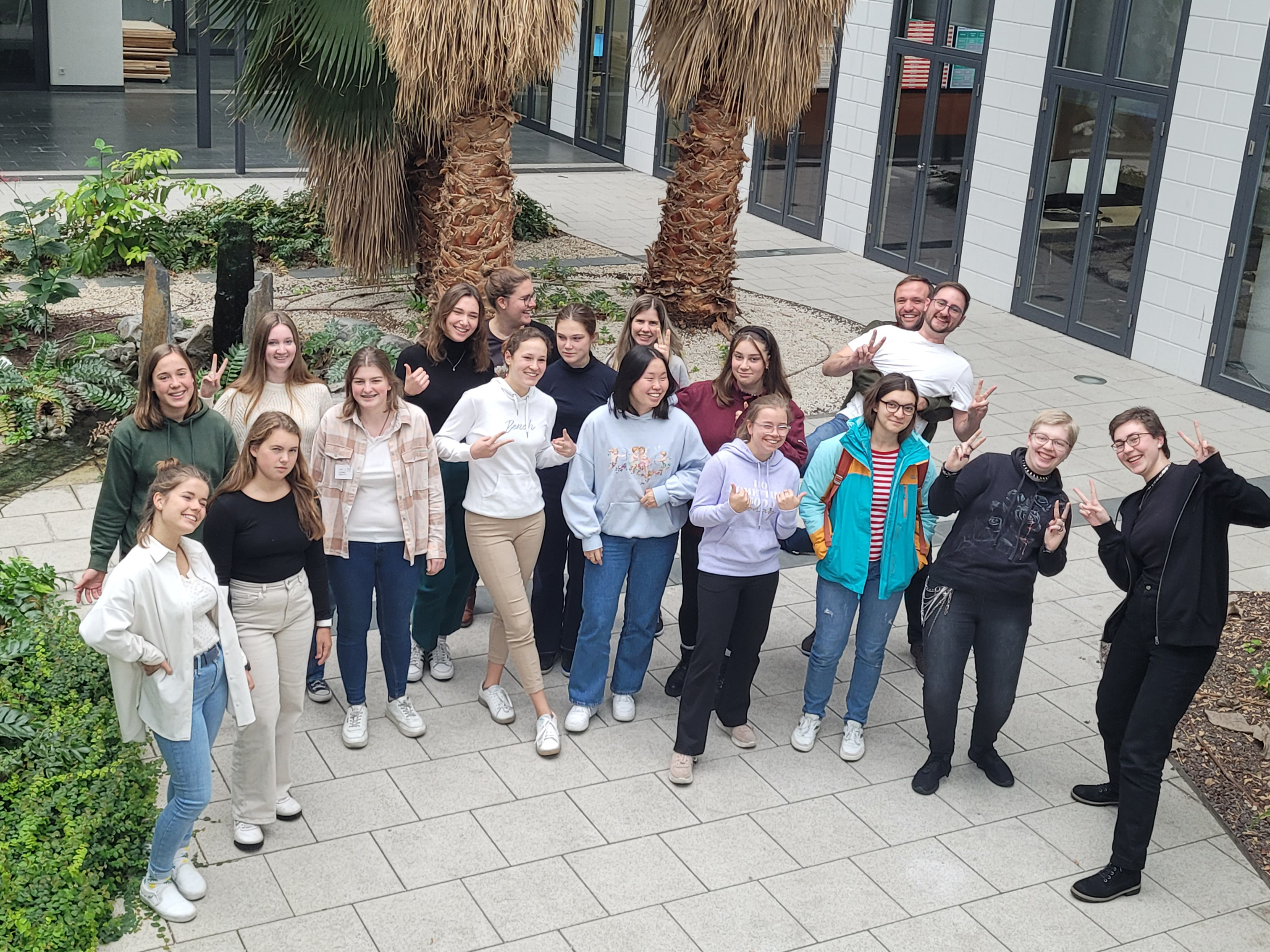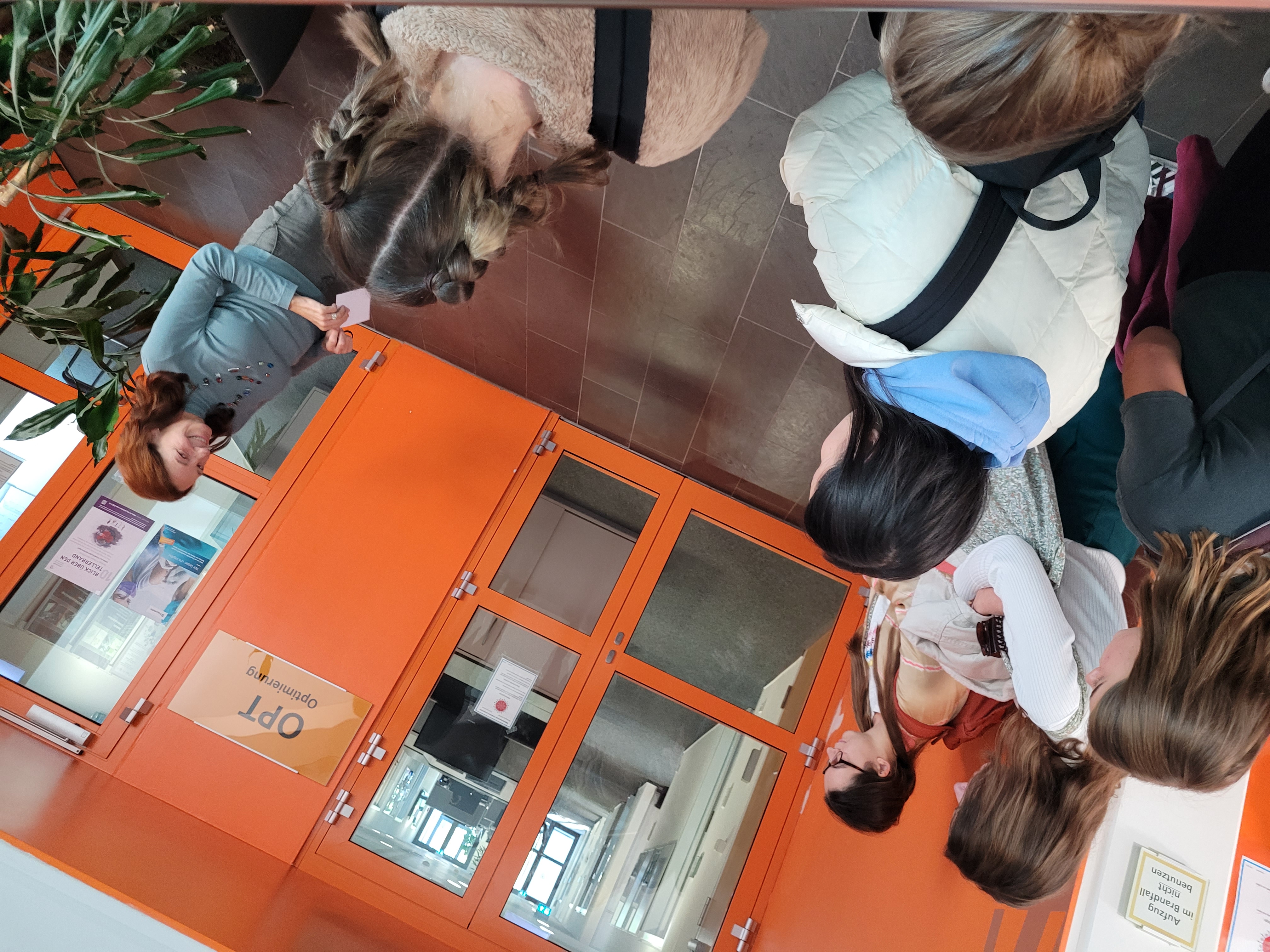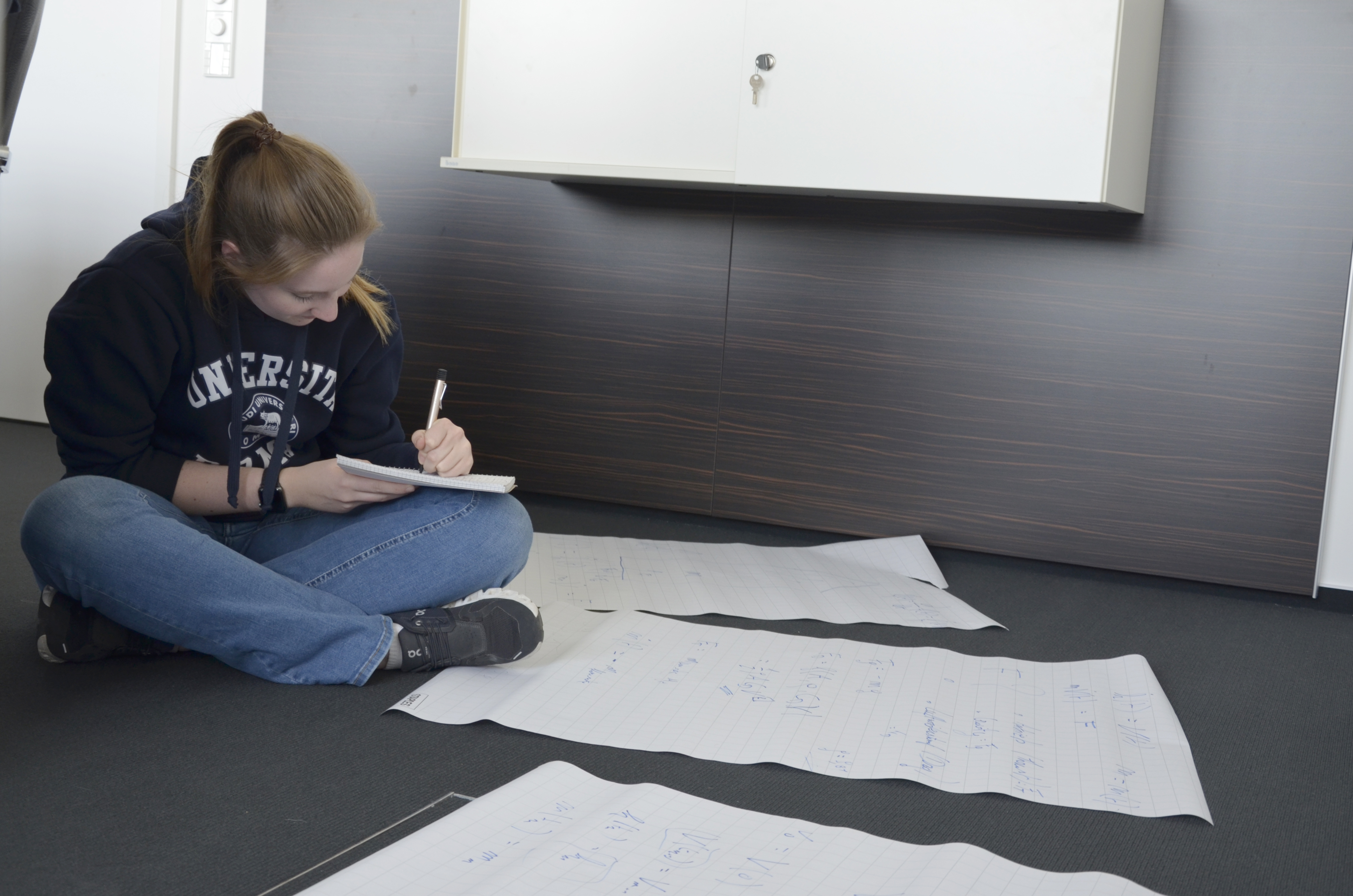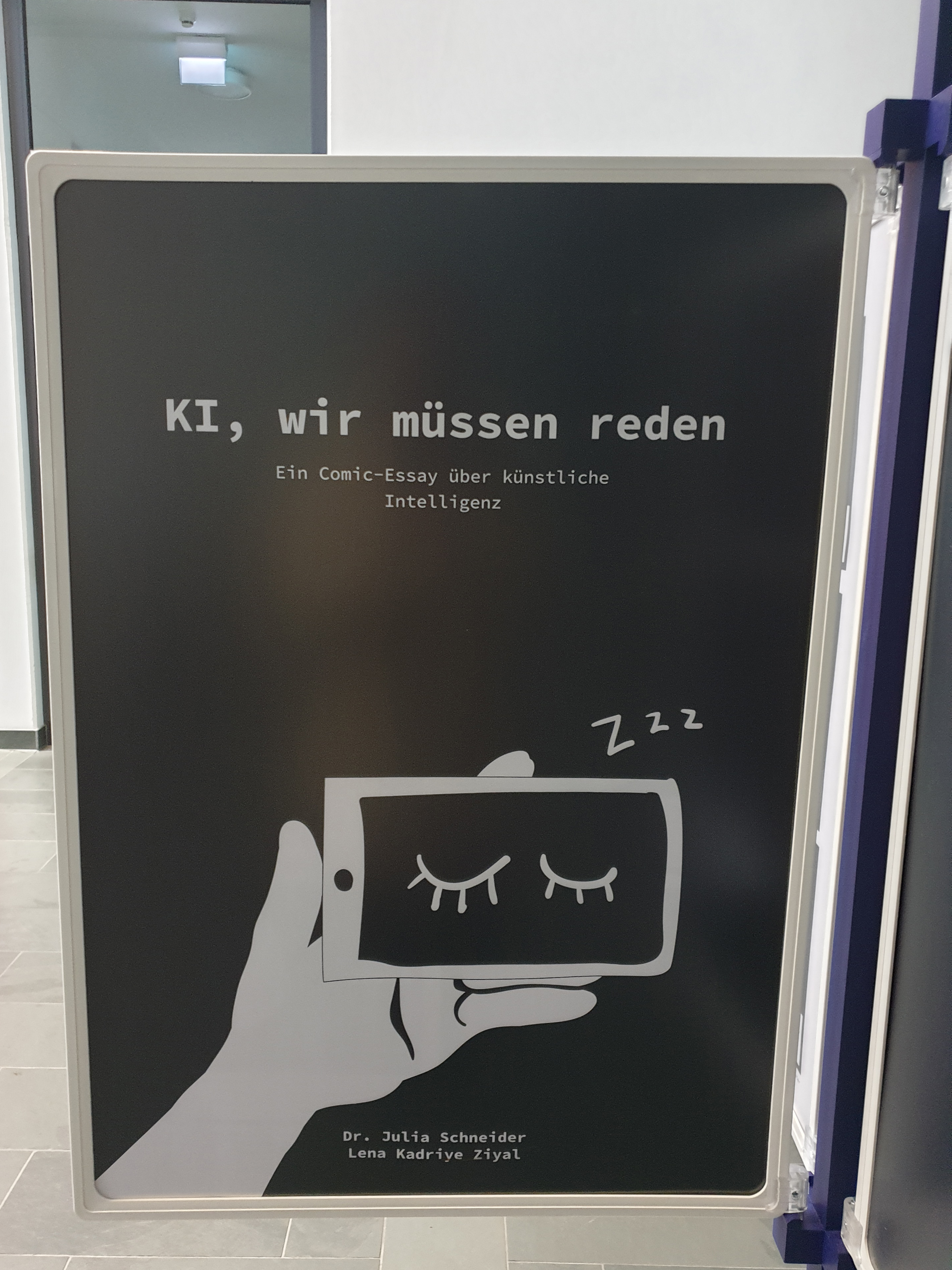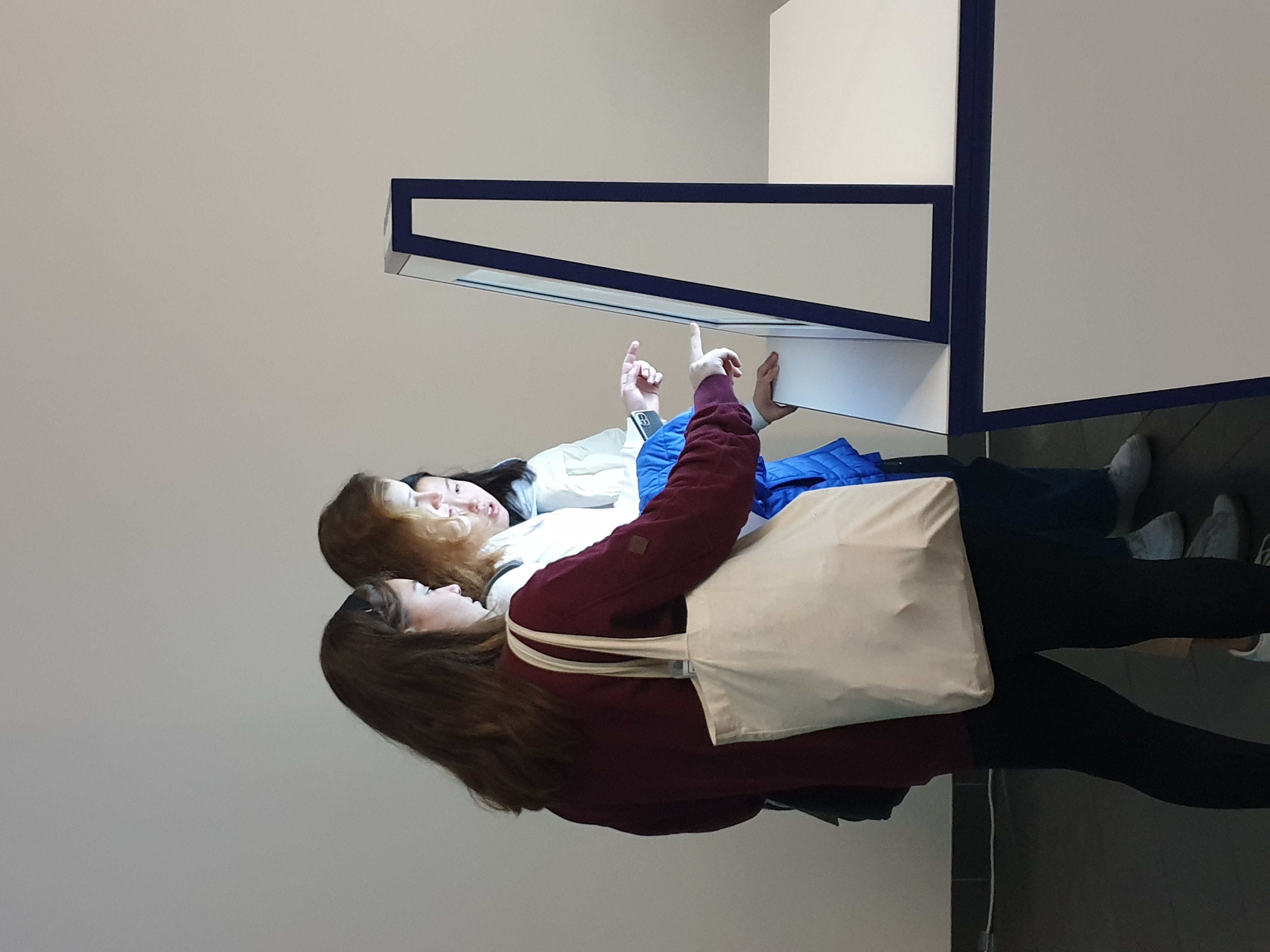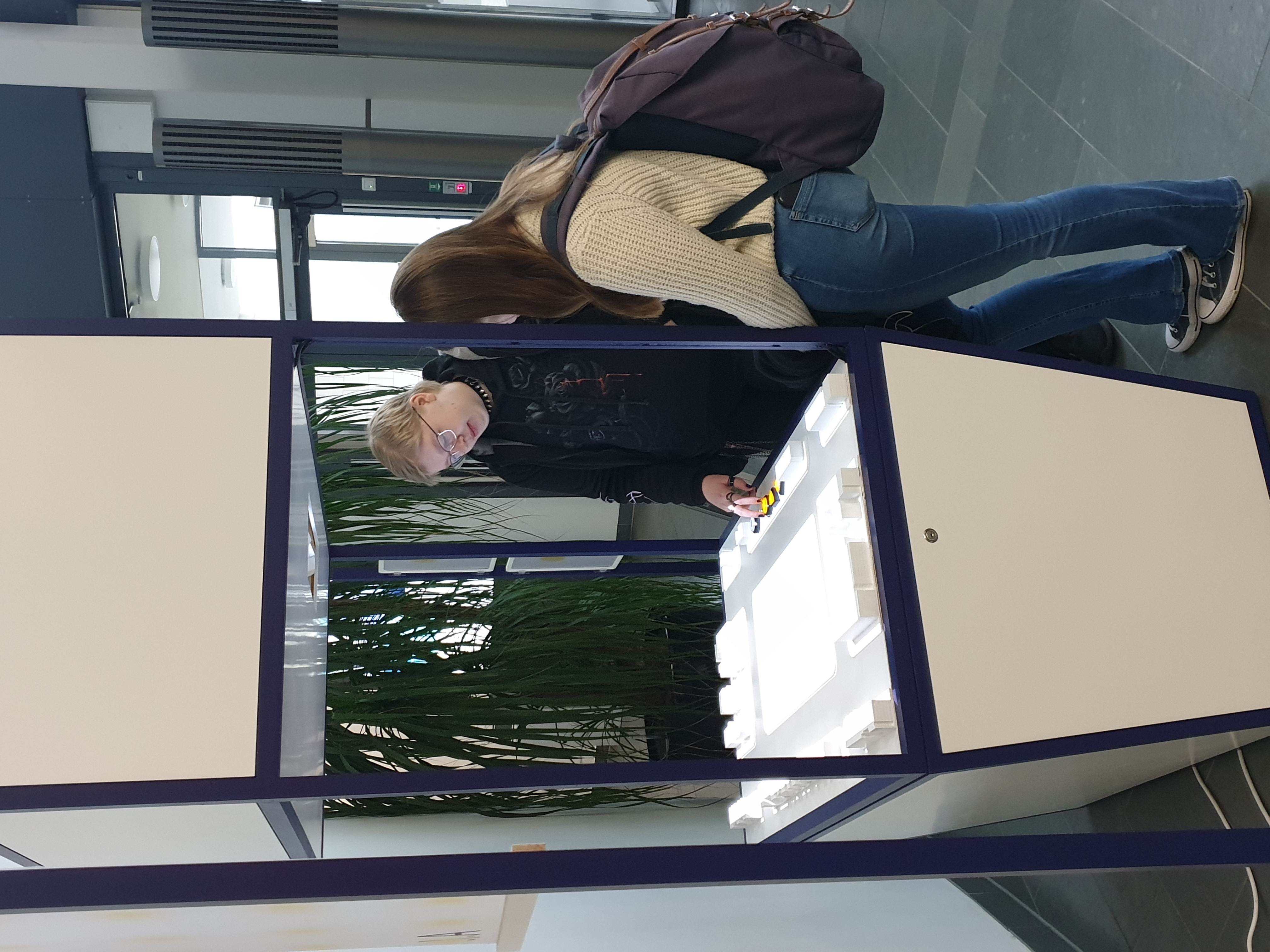What does the professional world of a mathematician look like and what is applied mathematics? That's what 15 female students from schools in the national excellence school network MINT-EC can find out at our institute. Our second Math Talent School 2022 from October 10 to 14 is organized by MINT-EC in cooperation with the Felix Klein Center for Mathematics.
The students of grades 11-13 work in teams on different problems with the help of mathematical modeling and computer simulations. And in doing so, they are absolutely motivated!
»Learning together is the best way to form the ultimate unit that can solve any puzzle.«
This quote, for example, comes from the motivation letter of student Anna Hohleweg. In this and similar ways, all the participants express their enthusiasm for working in joint mathematics projects, three of which are available for them to choose from:
- Rocket launches with computer solutions
- Crimes in crisis situations
- Artificial Intelligence and Reinforcement Learning
The results of the work are processed, presented at the end of the Math-Talent-School and discussed together. In addition, the participants visit our institute as well as the Department of Mathematics at the Rheinland-Pfälzische Technische Universität Kaiserslautern-Landau (RPTU), where they also receive information about studying mathematics.
On this page we collect impressions, statements, interviews, articles and photos of the MINT-EC-Math-Talent-School 2022.
